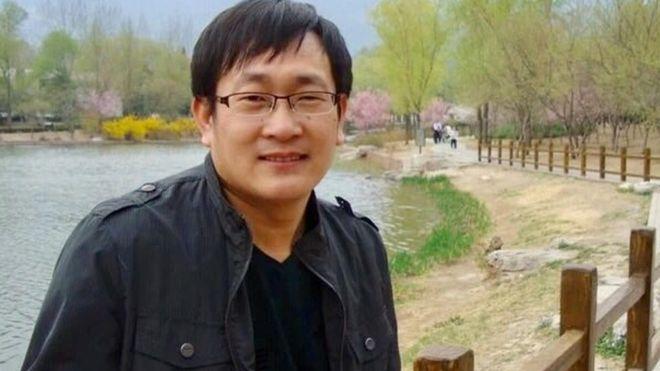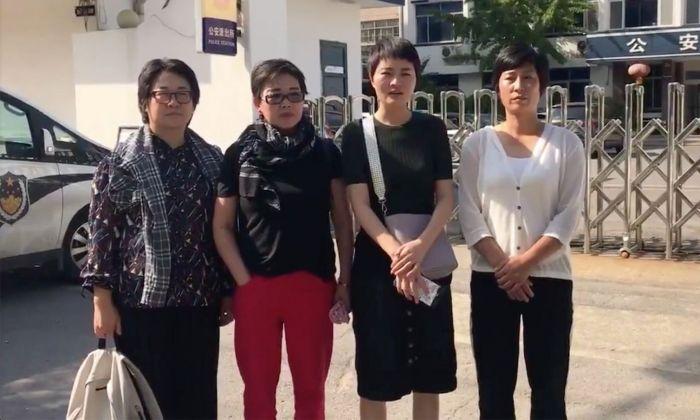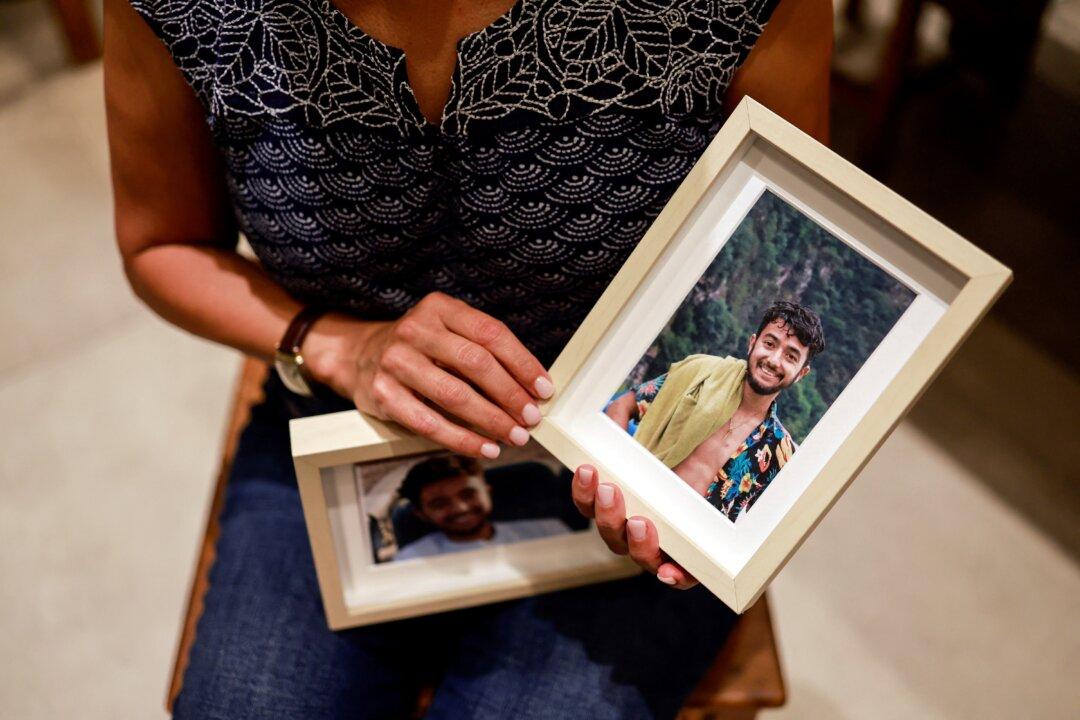WASHINGTON—The United States on April 20 called on the Chinese communist regime to allow freedom of movement to prominent rights lawyer Wang Quanzhang, who has been released after five years of unjust detention, the U.S. State Department said in a statement.
“We remain very concerned about reports of his declining physical and mental health, and of his mistreatment in prison,” the State Department said, adding that it continued to call on Beijing for the release of “all those unjustly detained” and that Washington remained concerned by China’s “weak rule of law, arbitrary detentions, and torture in custody.”
A Chinese court in January 2019 had imprisoned the prominent rights lawyer for 4 1/2 years for subversion of state power, after he was tried a month before in a hearing that rights groups had called a sham.

Wang, who had taken on cases deemed sensitive by Chinese authorities, such as accusations of police torture, had gone missing in August 2015 amid a sweeping crackdown on rights activists and lawyers.
U.S. Secretary of State Mike Pompeo has repeatedly accused the Chinese regime of attempting to cover up the spread of the outbreak in its early days and failing to share accurate data about the scale of the cases.






Friends Read Free